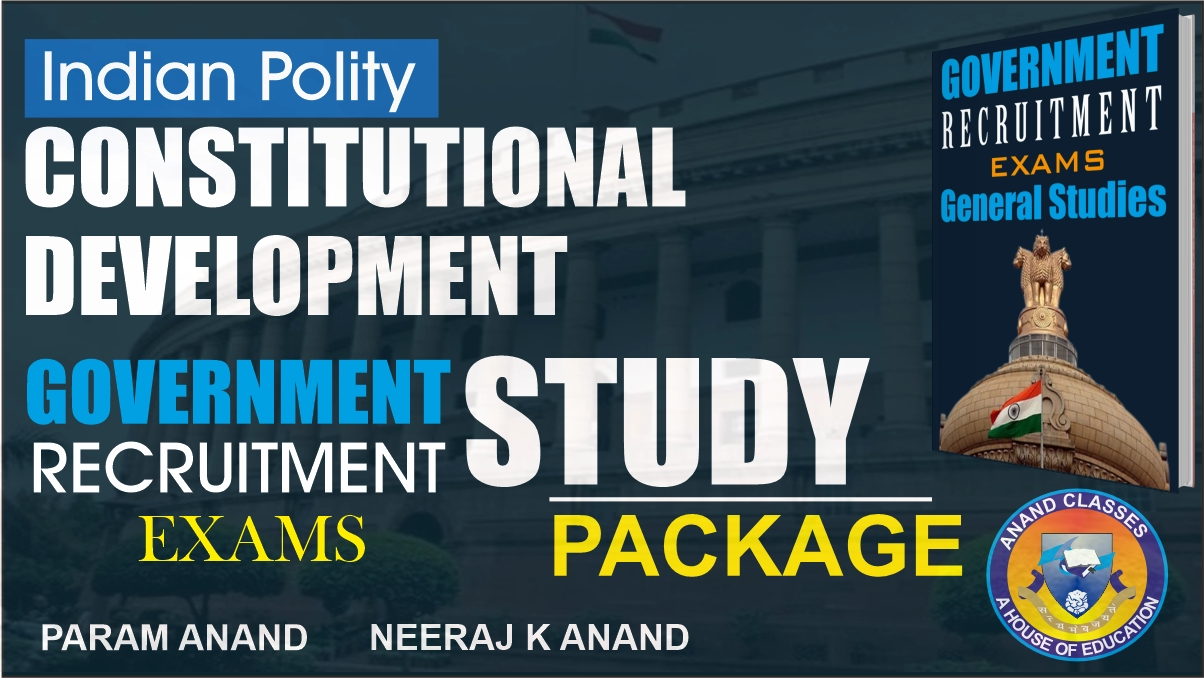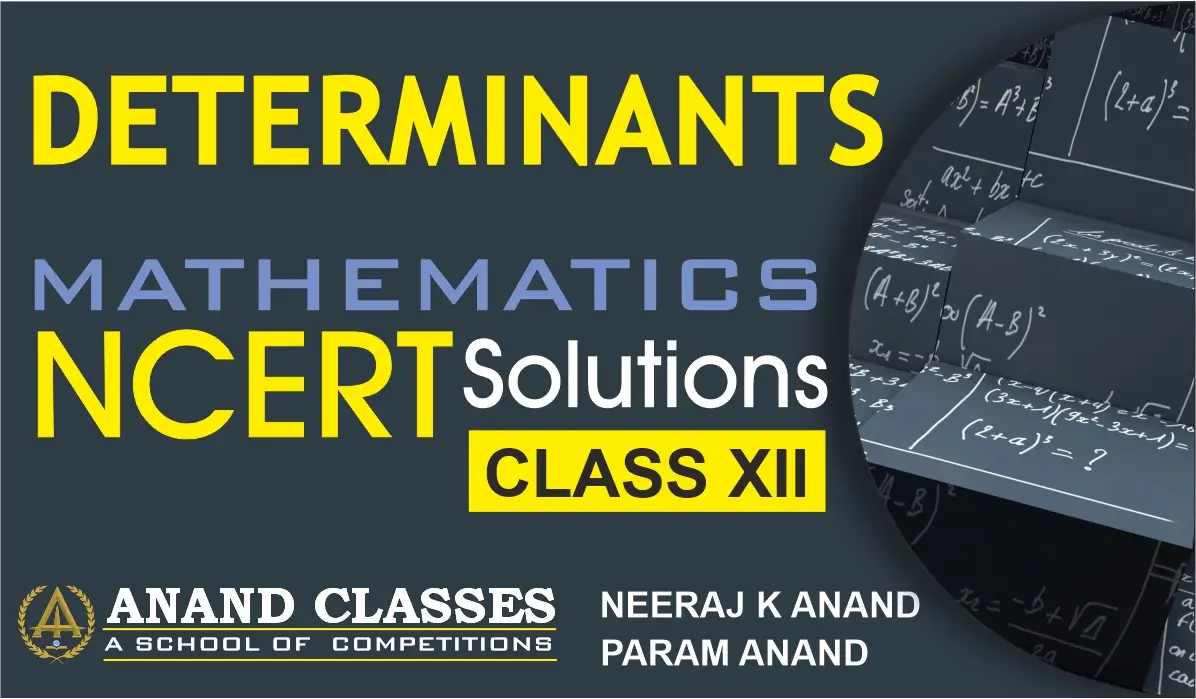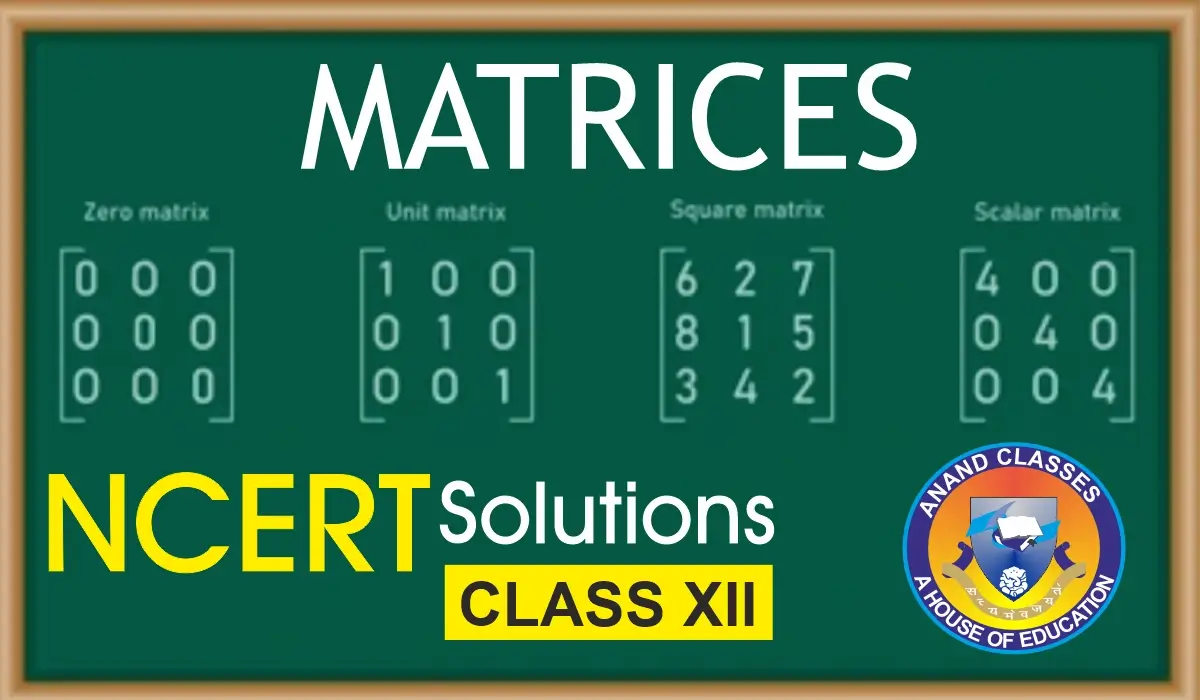Overseas Citizen of India (OCI)
Q1: Who is eligible for an Overseas Citizen of India (OCI) card?
A: The Government of India grants OCI status to individuals who meet the following criteria:
- A person who is now a citizen of another country but was a citizen of India at or after the commencement of the Constitution.
- A person who was a citizen of another country but was eligible to become a citizen of India at the commencement of the Constitution.
- A person who is a citizen of another country but belonged to a territory that became part of India.
- A child, grandchild, or great-grandchild of the above such citizens.
Q2: Can a person from Pakistan or Bangladesh get an OCI card?
A: No, persons from Pakistan and Bangladesh are not eligible for an OCI card.
Q3: What recent changes have been made to the OCI card?
A: The Government of India has merged the Persons of Indian Origin (PIO) card with the OCI card.
Who are Non-Resident Indian ?
A : A citizen of India, having Indian passport and staying temporarily in another country for purpose of employment, education for more than 6 months.
Multiple-Choice Questions (MCQs) with Answers and Explanations
Q1: Which of the following statements about the OCI card is correct?
A) OCI cardholders are given Indian citizenship.
B) OCI cardholders have the right to vote in Indian elections.
C) OCI cardholders can reside in India indefinitely.
D) OCI cardholders cannot visit India.
Answer: C) OCI cardholders can reside in India indefinitely.
Explanation: The OCI card allows a foreign national of Indian origin to live and work in India indefinitely without requiring a visa. However, they do not have the right to vote, hold constitutional posts, or apply for government jobs in India.
Q2: Which of the following categories of people are NOT eligible for an OCI card?
A) Citizens of Pakistan and Bangladesh.
B) A person whose great-grandfather was an Indian citizen.
C) A foreigner married to an Indian citizen for over five years.
D) A US citizen who was born in India.
Answer: A) Citizens of Pakistan and Bangladesh.
Explanation: The OCI scheme is not applicable to individuals who are or were citizens of Pakistan or Bangladesh due to diplomatic reasons.
Q3: What major change was introduced regarding OCI and PIO cards?
A) PIO and OCI cards were discontinued.
B) PIO cardholders were automatically granted Indian citizenship.
C) PIO cards were merged with OCI cards.
D) OCI cards were abolished.
Answer: C) PIO cards were merged with OCI cards.
Explanation: To streamline the process and benefits for foreign nationals of Indian origin, the Government of India merged the PIO card with the OCI card, making OCI the sole long-term residency document for eligible individuals.
Why Choose Our Study Material?
- Covers all major exams: NDA, CDS, UPSC, AFCAT, RRB, IBPS-PO, SSC, KVS, CLAT.
- Detailed explanations for MCQs.
- Frequently updated with the latest exam pattern and syllabus.
- High-quality content designed by experts.
Buy Now at: https://publishers.anandclasses.co.in/
Contact Details
Proprietor: NIRMAL ANAND Educations
Written by: Neeraj Anand
Published by: Anand Technical Publishers Under Anand Classes
Contact: +91-9463138669
Email: anandclasses1996@gmail.com
Buy Complete Study Material for NDA, CDS, UPSC, AFCAT, RRB, IBPS-PO, SSC, KVS, CLAT Exams
Buy now at: https://publishers.anandclasses.co.in/


